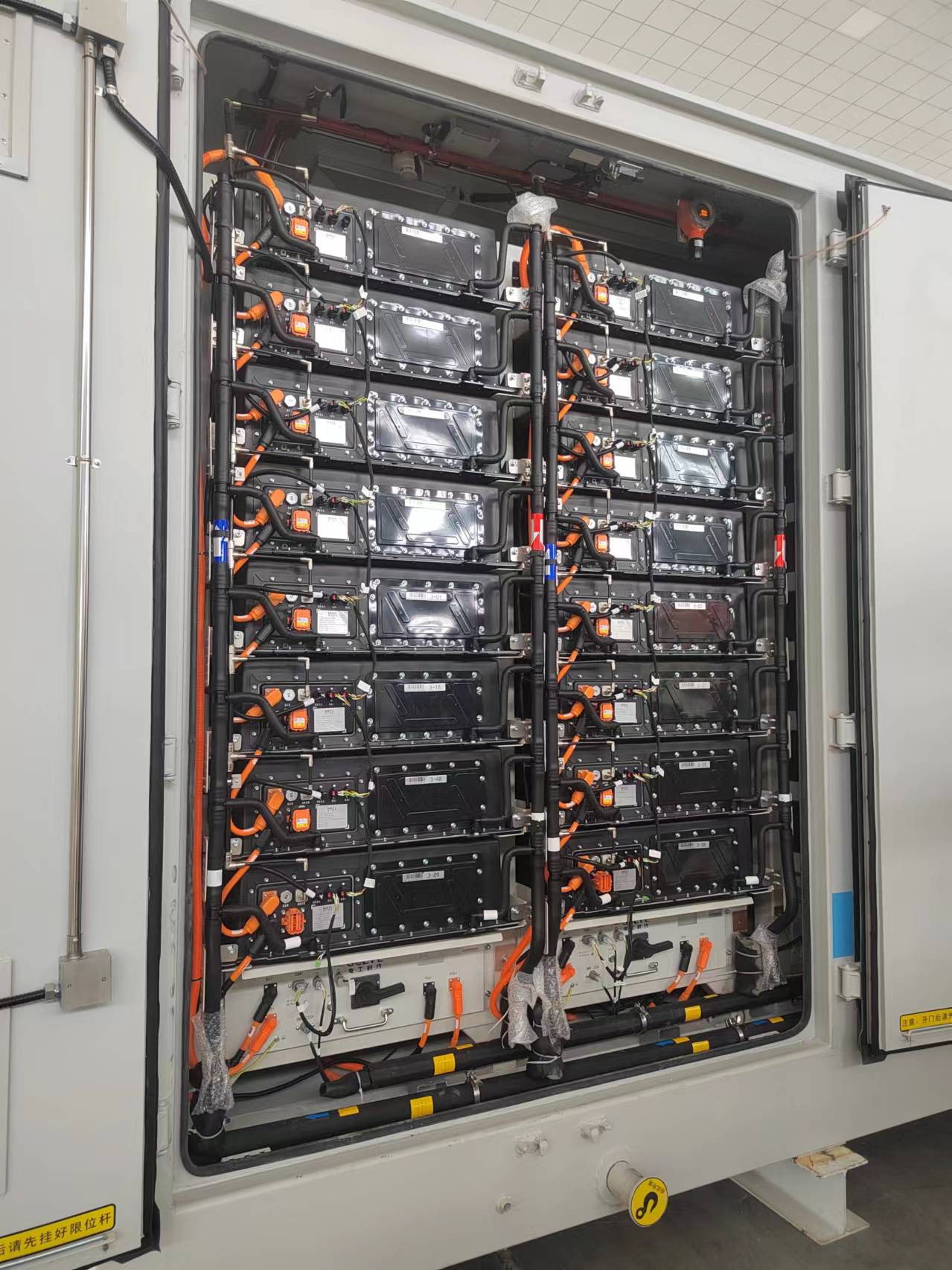The important role of combustible gas detector in energy storage cabinet
2024.06.25 page view:176Anstal
Application of energy storage cabinet
With the rapid development of modern energy technology, the application of energy storage equipment is more and more extensive, such as power peak balancing, new energy integration and other fields. An energy storage cabinet is a device used to store electrical energy, which is mainly composed of a battery, an energy storage control system, a power inverter and a shell.
Potential security risks of the energy storage cabinet
In the process of using the energy storage cabinet, there are some potential safety hazards due to the characteristics of the battery and the limitations of the equipment itself. Among them, flammable gas leakage is a common hidden danger. Because the energy storage cabinet is usually placed in a closed room or a closed environment, if there is a flammable gas leak, it will produce an explosion or fire and other hazards.

储能电池热效应
气体检测解决方案
When the battery is generally out of control of heat, a violent exothermic reaction occurs inside, producing a large amount of heat and toxic combustible gases, and may cause fire or even explosion. For safety reasons, Anstad recommends that you need to install a gas detector for real-time monitoring of combustible gas and toxic and harmful gas concentration composition, according to the thermal runaway characteristics of the energy storage battery, set the corresponding early warning threshold, to achieve early detection and warning, to prevent further expansion of battery fire. Ensure that the sound and light alarm in the first time of dangerous gas leakage attracts the attention of field personnel, and the linkage equipment starts the fan to discharge dangerous gas in time. Thus, it can better ensure the safe operation of industrial energy storage system and avoid serious accidents and losses caused by gas leakage.




